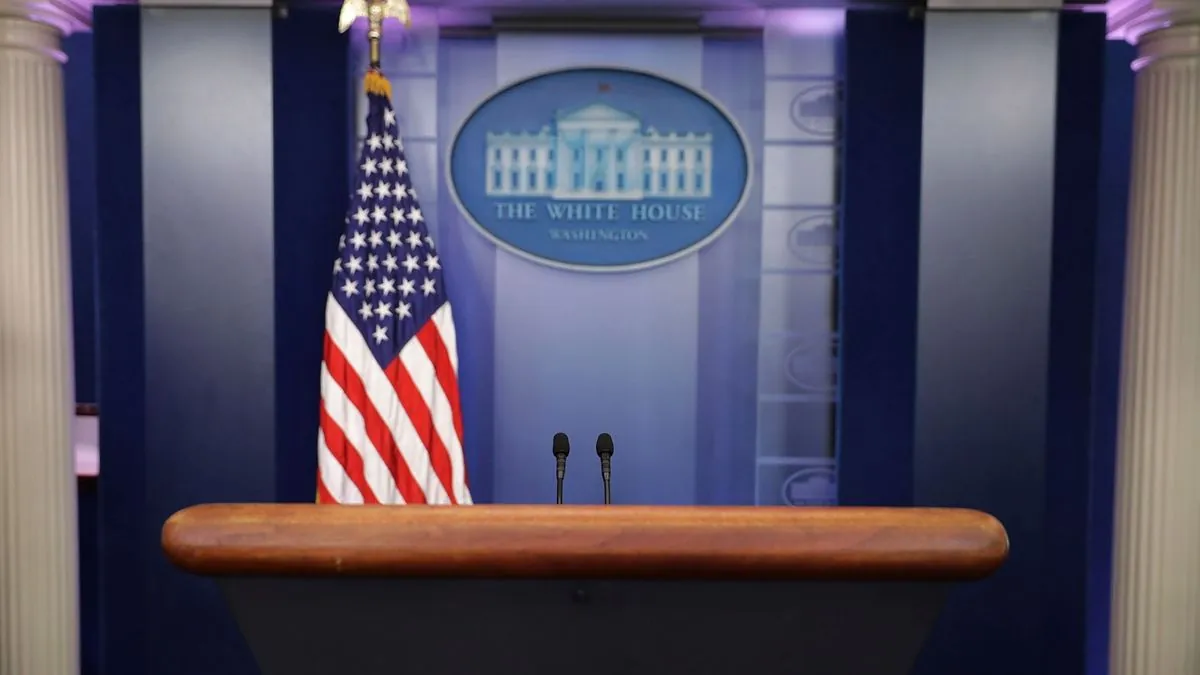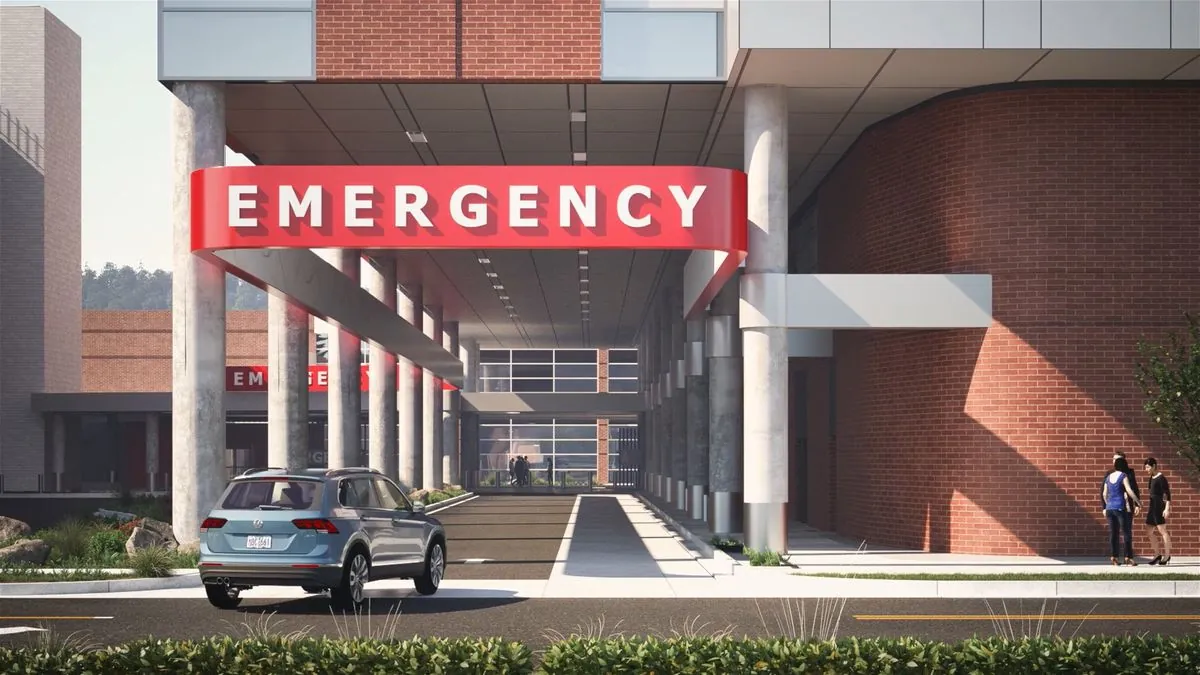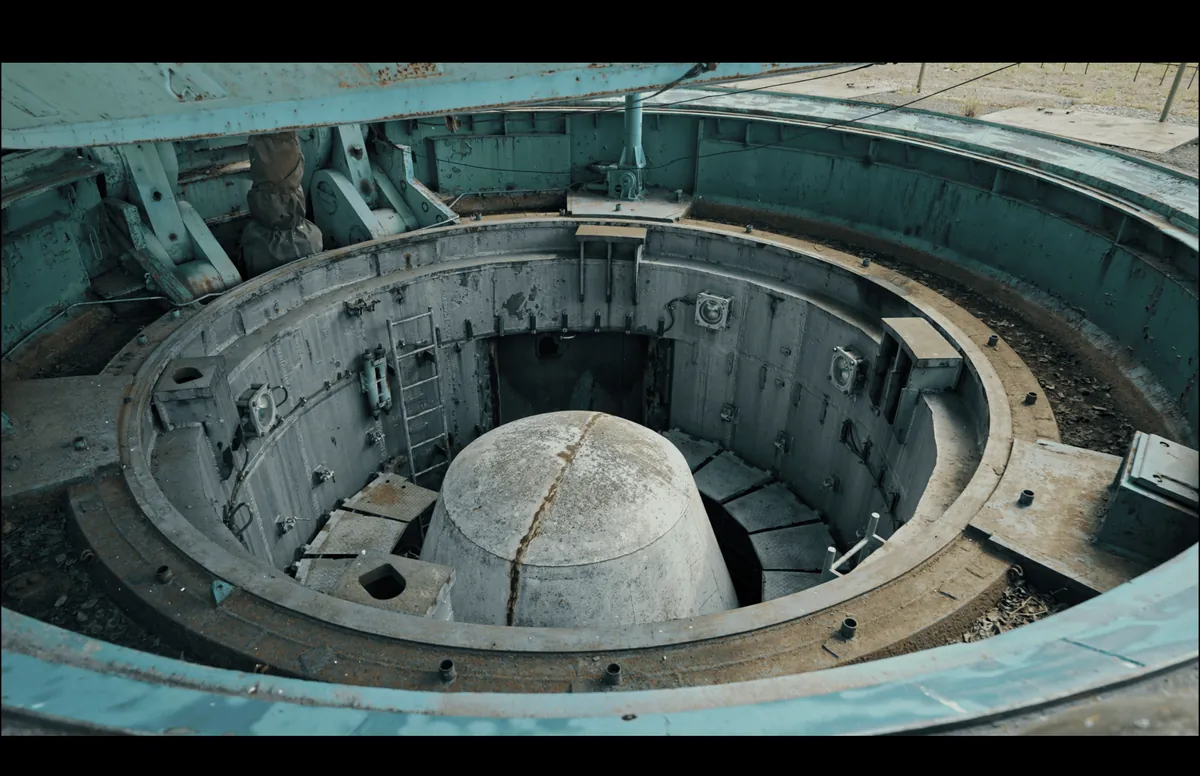Supreme Court Declines Emergency Abortion Case, White House Expresses Concern
The U.S. Supreme Court's refusal to hear a case on emergency abortion guidance in Texas draws criticism from the White House. Press Secretary emphasizes the importance of women's access to critical care.

The U.S. Supreme Court has opted not to review a case concerning federal guidance on emergency abortions in Texas, prompting a response from the White House. This decision, made on October 7, 2024, has reignited discussions about women's healthcare access in emergency situations.
Karine Jean-Pierre, the White House Press Secretary, addressed the issue during a briefing on October 8, 2024. She expressed the administration's disapproval of the Court's decision, emphasizing the critical nature of emergency medical care for women.
"It is important to call this out. It is important to say how dangerous this is and how this is a freedom that has been taken away from women."
The case in question relates to the implementation of the Emergency Medical Treatment and Labor Act (EMTALA), a federal law enacted in 1986 that mandates hospitals to provide emergency medical treatment to all individuals, regardless of their ability to pay. The Biden administration has been actively working to protect abortion rights since taking office, particularly in light of the Supreme Court's decision to overturn Roe v. Wade in June 2022.
Texas, known for having some of the strictest abortion laws in the United States, has been at the center of this legal battle. The state's stance on abortion has created tension with federal guidelines, leading to the current situation where the Supreme Court has declined to intervene.
The Supreme Court's decision not to hear the case, known as denying certiorari, is significant given that the Court only hears oral arguments in about 80 cases out of thousands of petitions received each year. This selective process underscores the complexity and importance of the issues at hand.

The ongoing debate over abortion rights in the U.S. has been a contentious issue since the 1973 Roe v. Wade decision. The recent overturning of this landmark case has led to a patchwork of state laws, with some states like Texas enacting strict restrictions while others maintain more liberal policies.
The White House's response to the Court's decision highlights the administration's concern for women's health and rights. Jean-Pierre's statement emphasizes the potential dangers of denying emergency care to women, framing it as a matter of personal freedom and medical necessity.
This situation also brings attention to the broader context of healthcare in the United States. The U.S. healthcare system, a complex mix of public and private providers and payers, has been subject to ongoing reform efforts. The Affordable Care Act, passed in 2010, expanded healthcare coverage for millions of Americans, but access to specific services like abortion remains a point of contention.
The Supreme Court's decision and the White House's response underscore the ongoing tension between federal and state laws regarding healthcare and reproductive rights. The Constitution's Supremacy Clause establishes that federal law generally takes precedence over state law, yet the implementation and interpretation of this principle continue to be challenged in cases like this.
As the debate continues, the focus remains on ensuring access to critical healthcare services for women while navigating the complex legal and ethical landscape surrounding abortion rights in the United States.


































